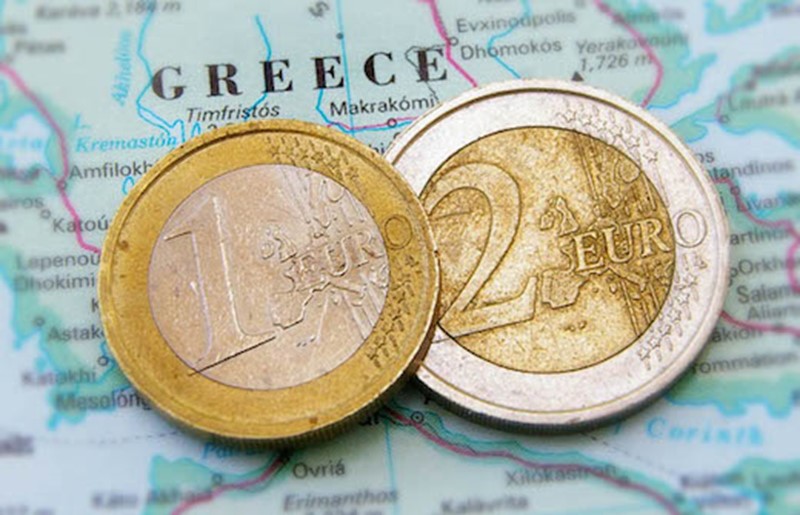
European leaders have warned Greeks that rejecting creditors' proposals in a snap referendum called for Sunday would mean leaving the Euro. German Vice Chancellor Sigmar Gabriel said the vote would be “yes or no to the Euro zone”.
Greek Prime Minister Alexis Tsipras has urged a 'no' vote but insists he wants Greece to stay in the euro. Talks between Greece and its creditors broke down last week, leading to Greek banks having to shut this week. In response to uncertainty global markets fell sharply but early trading in Asia seems to be recovering.
As well as Gabriel, the leaders of the Euro zone's other two largest economies said Greek voters would effectively be deciding next Sunday whether or not they wanted to stay in the Euro zone.
Italian Prime Minister Matteo Renzi said the choice would be between the Euro and the drachma, while French President Francois Hollande said “what's at stake is... knowing whether the Greeks want to stay within the Euro zone”.
Speaking to Greek television on Monday evening, Tsipras urged as many Greeks to vote “no” as possible on Sunday to give his government a stronger position to restart negotiations. He said his government had a mandate “to be within the European framework but with more justice”.
“They will not kick us out of the Euro zone because the cost is immense,” he said. Tsipras hinted strongly that he would resign if the result of the referendum was a “yes” vote.
“If the Greek people want to proceed with austerity plans in perpetuity, which will leave us unable to lift our head... we will respect it, but we will not be the ones to carry it out,” he said.
UK's Chancellor of the Exchequer, George Osborne, said a Greek exit would be “traumatic” and Britain should not underestimate the knock-on effects, even though it was outside the single currency. He said UK retirees who live in Greece would continue to receive their pensions, but advised British holidaymakers to take more Euros than usual.
Earlier, European Commission President Jean-Claude Juncker said he felt “betrayed” by the “egotism” shown by Greece in the failed talks on giving heavily indebted Greece the last payment of its international bailout. He said Greek proposals were “delayed” or “deliberately altered” but added the door was still open to talks.
Despite the public war of words, a Greek official said Tsipras had spoken to Juncker on Friday and asked him to extend Greece's bailout until the referendum.
A critical deadline looms on Tuesday, when Greece is due to pay back €1.6bn to the International Monetary Fund - the same day its current bailout expires. Juncker said that he still believed a Greek exit from the Euro was not an option and insisted that the creditors' latest proposal meant more social fairness.
The question which will be put to voters on Sunday will not be as simple as whether they want to stay in the Euro or not - instead it asks Greeks to approve or reject the specific terms laid out by Greece's creditors:
“Should the agreement plan submitted by the European Commission, European Central Bank and the International Monetary Fund to the June 25 Euro-group and consisting of two parts, which form their single proposal, be accepted? The first document is titled 'Reforms for the completion of the Current Program and Beyond' and the second 'Preliminary Debt Sustainability Analysis'.
”Not approved/NO; “Approved/YES”
On Saturday, the European Central Bank (ECB) decided not to extend emergency finance to the Greek banks after talks broke down. The current ceiling for the ECB's emergency funding - Emergency Liquidity Assistance (ELA) is €89bn. It is thought that virtually all that money has been disbursed.
Following the ECB announcement, Greece said its banks would remain shut until 6 July. Public transport will be free in the Athens area for a week while the banks are closed, the government says.
On Monday the Euro lost 2% of its value against the US dollar in market trading before recovering some ground. Government borrowing costs in Italy and Spain, two of the Euro zone's weaker economies, have also risen.
The Athens stock exchange is closed as part of the emergency measures.


